Do you feel like your hotel is on the precipice of success or simply missing that je ne sais quois, so you’re looking for some nifty and smart ways to capitalise on your hotel’s online presence? Then look no further; this article outlines ideas that are easy to implement, involve no costs, and have a proven track record in the hotel industry.
Make Your Online Presence as Captive as Possible
Increasing the amount of online traffic directed to your hotel’s website is essential. While some still argue whether a website is necessary, some good old-fashioned handshakes around a table are no longer enough these days.
The digital sphere is stressful, with vast amounts of noise, and you may find it challenging to have your hotel’s voice heard amongst the crowd. There are a lot of hotels out there that offer great deals for their guests, and boast unique websites, so in this article, you find food for thought when it comes to improving your hotel’s online presence.
The trust between guest and host (hotel) is crucial and special. Your hotel’s website is often the first touch point that guests have with your hotel, where they can see your brand image and hear your brand voice. It’s the place they go to for reassurance of your brand authenticity, and brand honesty and where they look to cultivate or create that initial level of trust.
In a massive bubble filled with website upon website and hotel upon the hotel, how do your online visitors convert into loyal, consistent, and financially supportive guests that visit your hotel often?
First, you start by taking your hotel online or improving your online presence. Then continue by making your online presence as captivating as possible.
Why You Should Work Toward More Online / Website Traffic
This is simple: more and more guests are making bookings online.
There has been a surge in people purchasing items online. This means that what was once uncommon, i.e. entering card details online, has now turned into people casually booking the Swan Suite at your hotel for the next sunny Sunday whilst on the train to work. Online shopping has, without a doubt, become not only a norm but also something guests find both practical and enjoyable.
You have hundreds of thousands of daily commuters sitting in the tram for an hour each way to and from work, who have the purchasing power to make a real difference to your hotel’s bottom line.
How Do You Ensure You Have the Correct Target Audience at an Intended Sales Funnel?
First, you need to understand what the terms ‘traffic’ and ‘rank’ means. This will make the below all the more enjoyable to read.
Traffic means the number of people visiting your hotel’s website over time. Measuring this over a month or a day is entirely up to you. Rank means where your hotel and its online performance slots in on Google ranking or other ranking measures, compared to hotels in the same league as your own hotel.
The goal is to get the right people to view the content intended for them and make this happen as often and seamlessly as possible.
How to Increase Website Traffic for Free
Below you find tips to increase your hotel’s website traffic for free.
1. On-Page SEO (Search Engine Optimisation)
Each hotel’s web and landing pages must be as highly functional as possible. That is done with the copy, i.e. the words you use/the text.
Some certain words and phrases rank higher than others. Examples are ‘hotels near me’, ‘hotel bookings’, ‘hotel stays‘, and the list. It would help if you found out which are suitable and implemented or incorporated them into your text. This will improve your rank and thus the traffic to your site.
2. SEO of Meta Descriptions
Do you know when you Google something and all those results churn out? Below each heading, you can often read a short line (often between 150 – 160 characters) called the meta description. A meta description is that little bit of writing under a heading. This is a smart place to start, as it will give people a glance at what your website is about.
Use catchy words here that have a proven track record. This is time-consuming but worth it. The best thing is that all it costs is time! This is another free and creative online tool.
An example of this would be: ‘Come spend an afternoon at our Doris Dining Room, where our hotel staff will spoil you with the best any afternoon tea offers. From freshly baked scones to homemade jams and more, the Doris Dining Room is ideal for an afternoon with your mum, in-laws or special party. This exclusive afternoon tea is available for a limited time only, so be sure to snag yourself a seat or two.’ Available to book online via our hotel’s website at your earliest convenience.
3. Backlink Building
What is a backlink? This is a link to your website from another website. The benefits of these are threefold.
The first benefit is that you have the opportunity to be seen by a much larger audience of potential guests than if people could only see you through your own website.
The second benefit is that Google likes backlinks! Backlink building means that Google will learn to trust your site. Trust from Google is a magical thing to be bestowed. It means a higher chance of receiving a higher ranking. A higher ranking means more visibility. If you have an exciting website, then we all know where visibility leads to – an increase in conversion rates.
Trust is important on Google and vital for guests. It is hugely important for potential guests to feel like your hotel is established, reputable, and enjoyed by many. Seeing your services, offerings, or even your hotel’s name on various platforms will give guests the impression that you are an institution in your own right, which will lead to an incentive to book with you.
The third benefit is internal. This one is about networking. To get on to another hotel’s page, you either need to get in touch with someone from that hotel and ask them, or they enjoy your content so much that they want to have it on their page in some form. Either way, you are helping each other and increasing your network. The great thing about this in the hotel industry is that you can then embark on collaborations.
Many hotels have worked on collaborations before; one is famous for its Spa, and the other is famous for its fitness facilities. Two hotels can create a package that hotel guests or longer-term residents of hotels can enjoy. This is often the case with hotels in the same hotel group/hotel chain.
However, if you are a small and independent boutique hotel, collaborate with other boutique hotels in your city and offer special deals to increase your reach. An example of this would be offering a weekly or monthly package that a hotel guest can then use to visit either hotel for their Spa or be a guest at their Gym. The only way that these collaborations come about is if networking takes place. During networking, mutual benefits can be established and created for hotel guests.
4. Social Media
Posting to social media is a creative and free marketing tool that is very popular and, if used correctly, also very useful. You must stick to the platforms that suit your hotel best and then keep at it.
The key to social media is consistency and great content. Be sure to post regularly and share informative, interesting, and useful content with your followers. For example, if you run a Spa Package, this would be a clever thing to post about. Or, if you have a unique restaurant dining experience coming up, shout about this on all your platforms.
Whether you are using Instagram, Facebook, LinkedIn etc., all of these channels need to stay active, and you must stay on top of the trends. It doesn’t mean you must follow every TikTok challenge, but it is essential to remain relevant.
5. Hello Email
Get in touch with your guests through email. It’s a nifty marketing tool that is too often forgotten. You can send emails on a recurring time frame of your preference, whether one email weekly or once a month. It is a great way to communicate with your guests and share helpful information.
Try not to limit these email send-outs to only sale incentives. Be sure to include some tips that could benefit the reader.
Examples would be ‘How to Travel Safely in a Foreign Country – Our Top 10 Tips’ or ‘Spoil Yourself at Home with Tips from Our In-House Spa Gurus’. These would be great headings or subject lines! You want to ensure that your subject line is as catchy as possible, as this is the first thing that pops up on a screen.
Increasing your website’s traffic and online visibility is hugely important in today’s age and will help your hotel’s journey to success. These five tips are a great way to start your endeavour of increasing traffic to your hotel’s website. They are all free and creative ideas that will help propel your hotel into the digital stratosphere!
More Tips to Grow Your Business
Revfine.com is the leading knowledge platform for the hospitality and travel industry. Professionals use our insights, strategies, and actionable tips to get inspired, optimize revenue, innovate processes, and improve customer experience.Explore expert advice on management, marketing, revenue management, operations, software, and technology in our dedicated Hotel, Hospitality, and Travel & Tourism categories.

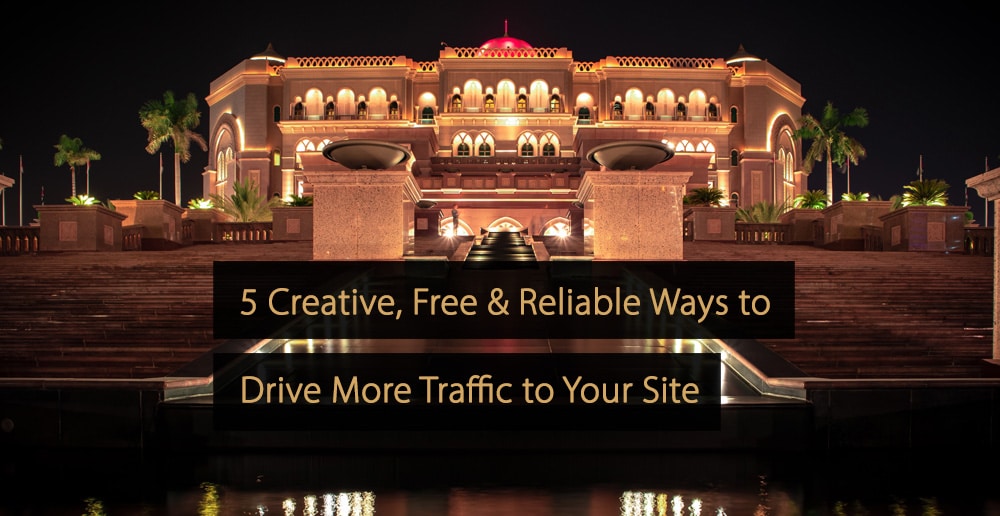
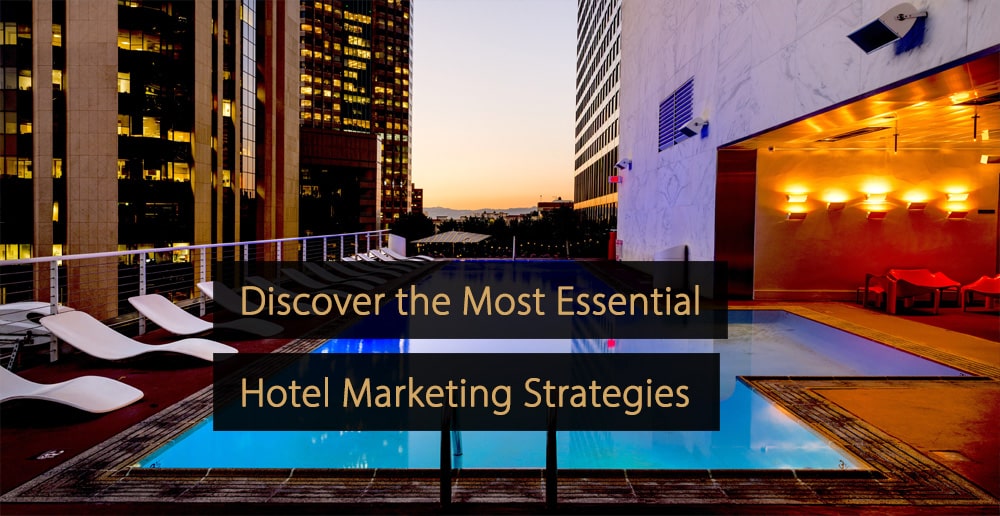
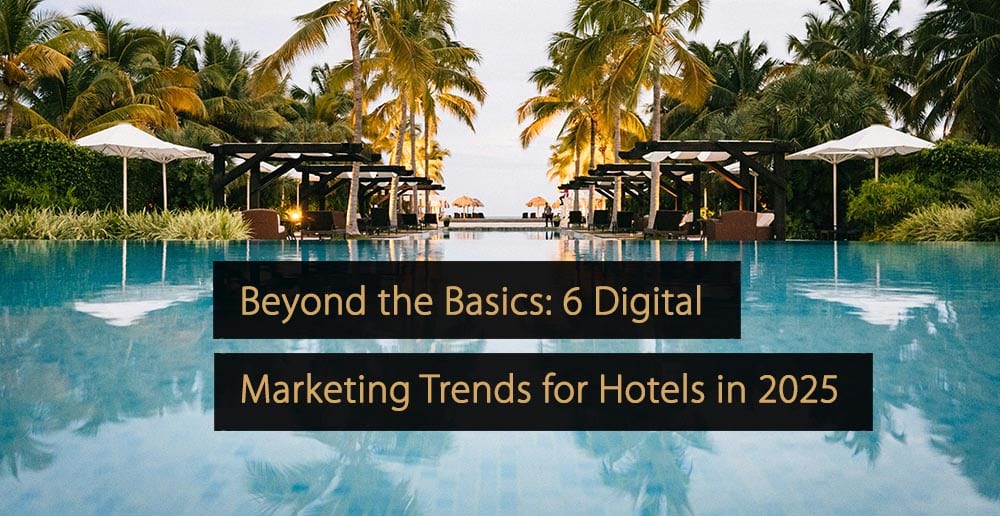
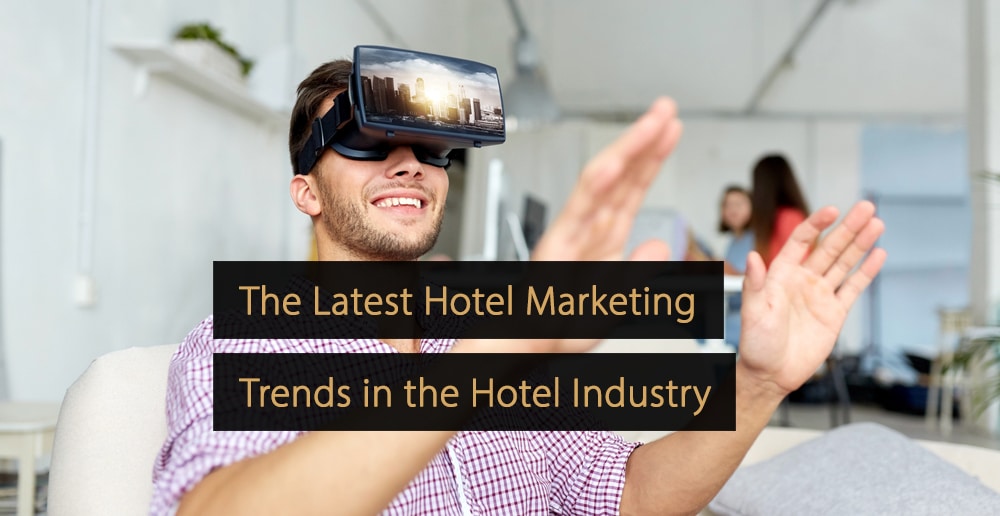
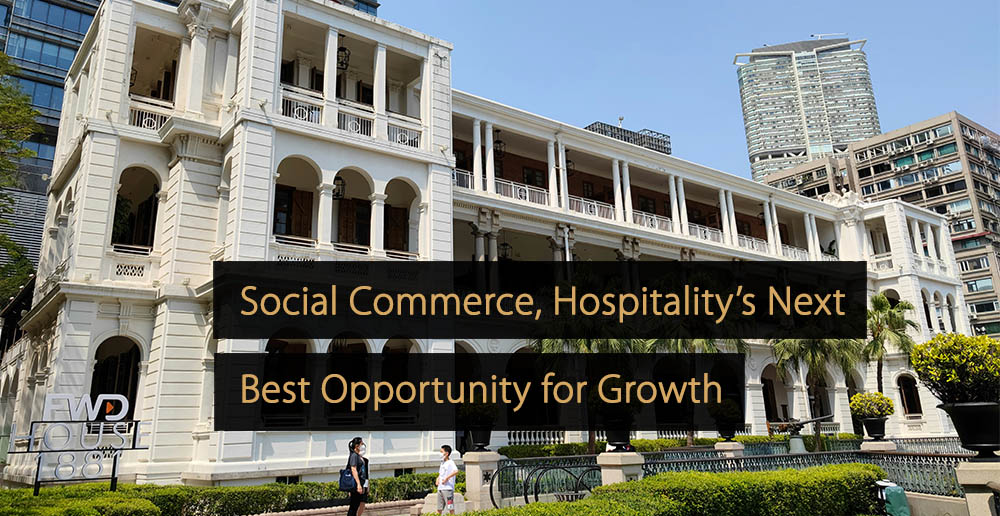
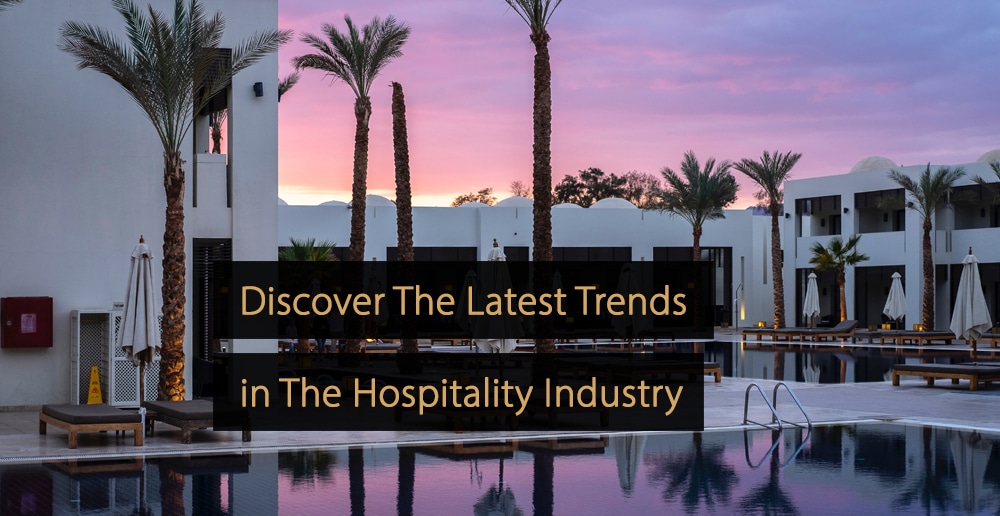

Leave A Comment